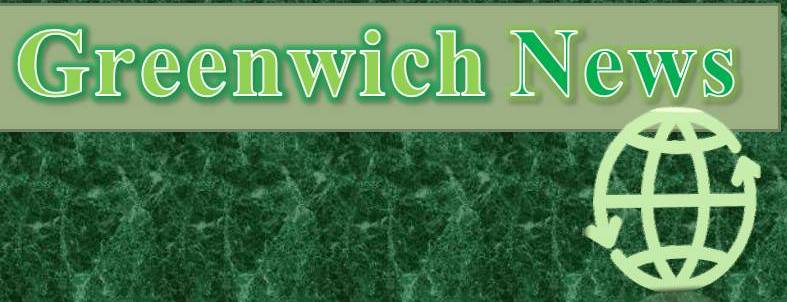Monday, 27 August 2012
Nigeria's Presidency Embarrassed Over Boko Haram's Denial Of Negotiation
Following the denial by Boko Harm that it is in dialogue with the government, the Presidency now appears to be in a dilemma, insisting at the weekend that it is indeed in talks with the sect.
"The true situation has already been stated by the Honourable Minister of Information on two different occasions,” said the Special Adviser to the President on Media and Publicity, Dr. Reuben Abati. “First in an interview, second through a press release, namely that the Federal Government is involved in dialogue with Boko Haram.
The Presidency also based its position on the fact that the denial had come only from one of the “factions” of Boko Haram.
It will be recalled, however, that it was Abu Muhammad, who is the second in Command to sect leader Abubakar Shekau, who expressed the denial of any dialogue between Boko Haram and the government.
Dr Abati explained that the “dialogue” does not mean that both sides are sitting at a table—contrary to the ordinary understanding of the term—but only that President Goodluck Jonathan is tackling the issue through multi-faceted levels.
"When government says it is already talking to Boko Haram, the form of that dialogue must be properly understood,” he noted. “I think a lot of people are under the impression that the dialogue involves a situation whereby government officials are sitting on one side, Boko Haram persons are sitting on the other side in an air-conditioned room and there are negotiations across the table.”
Trying to clarify what is going on, the spokesman said, “The form of the dialogue is that back room channels are being used to reach across with the sole objective of understanding what exactly the grievances of these persons are, what exactly can be done to resolve the crises, in the overall best interest of ensuring peace and stability in Nigeria and the security of life and property.”
Drawing attention to the fact that the sect had made it clear that it wanted to ensure that persons who are using the name of Boko Haram for political and criminal purposes are identified and checked, Dr. Abati said that particular point is an indication that Boko Haram has many faces, calling the sect a “multifaceted” phenomenon.
"You will recall that what led to this is that a spokesperson for Boko Haram issued a statement confirming that government and some leaders of Boko Haram were already discussing; in that particular statement the issues being looked at were clearly identified.”
He said that the available option, according to the President himself, is not solely one of military action or police action and that it is on that basis Mr. Jonathan reached out to leaders of political thought in the parts of the country affected by the actions of Boko Haram.
In a convoluted explanation, Dr. Abati said as follows:
"It is on this basis that President Jonathan held a lot of meetings with politicians from the Northern states. Because his position is that look, this people, yes they may not come forward but they are not ghosts, they live in communities. They are members of the Nigerian community, there would be persons who know them. There would be leaders in these communities, in these villages, in these towns who may have an idea and such persons needed to be carried along to assist in addressing the Boko Haram issue. When government adopts this approach, it does not mean government is abdicating its responsibility to ensure that persons who go against the law are sanctioned.”
He said there is even a third level of intervention, the economic and social, in which many of the efforts of the government in the affected parts of the country are targeted at creating jobs and engaging the young people more effectively.
It was learned that the Presidency decided to react to Boko Haram’s no-dialogue claim because it paints the government as a liar in the eyes of Nigerians who are losing hope in the ability of the government to protect them.
Subscribe to:
Post Comments (Atom)


No comments:
Post a Comment